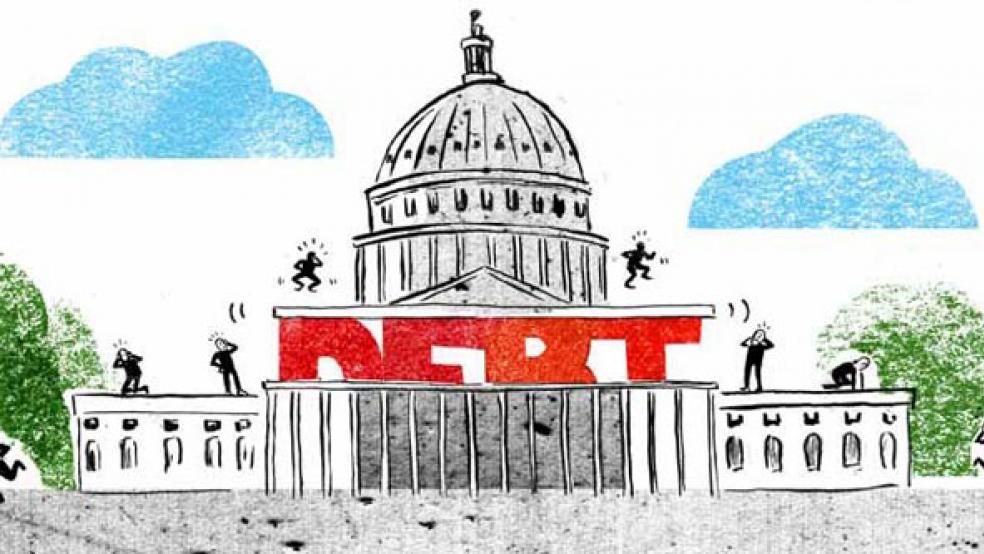With no obvious solution on the way from Congress, the U.S. is approaching a fiscal crisis, and it’s impossible to say when it will begin to adversely affect the economy. Unless lawmakers allow his department to borrow more money, Treasury Secretary Jack Lew has warned that as of about November 3, the U.S. government will begin operating on a cash basis – something that could lead to a first-in-history default on the financial obligations of the United States.
The November 3 date, however, suggests that everything will be just fine so long as something happens by 11:59 on November 2. An announcement by the Treasury Department on Thursday, though, showed why that is manifestly not the case.
Related: What’s Really Driving the Stock Market’s Big Rebound Rally?
The Treasury sells billions of dollars in government-backed securities every week, from short-term bills to medium term notes, up to the 30-year “long bond.” Sometimes this is done to take on more debt, other times it is done as a management tool, allowing the Department to distribute the government’s obligations over different maturities as cost and need require.
There is a broad and deep market for Treasury instruments, which are seen as virtually risk-free. Investment funds, insurance firms, banks, and other businesses rely on them. They also expect them to be available on a fairly regular schedule.
That schedule has now been interrupted, at least in the case of 2-year notes. The Treasury announced Thursday that it was cancelling its auction of the securities scheduled for next Tuesday out of concern that it wouldn’t be able to settle the transaction the following week because of “debt limit constraints.”
The decision, and the market expectation that more of such cancellations could be on the way, is already having an impact, the department said.
Related: Congress Asleep at the Switch as the Debt Ceiling Looms
“The current debt limit impasse is also now adversely affecting the operation of government financing, increasing federal government borrowing costs, reducing the Treasury bill supply, and increasing the operational risk associated with holding a lower cash balance,” the department said in a statement.
The decision to cancel the two-year auction, the Department said, will allow some other auctions to be held as scheduled.
“Treasury believes that postponing the auction for the 2-year note poses less risk for market functioning than postponing the 5-year or 7-year note offering,” the statement said. “Once the debt limit impasse is resolved, Treasury will announce a rescheduling of the 2-year note auction.”
The markets appear to be reacting to the possibility that the federal government could be unable to pay its debts by increasing the interest rates investors demand on Treasury instruments, although from a very low base.
Investment managers say they are concerned about possible future cancellations of additional debt auctions throwing the market into confusion.





